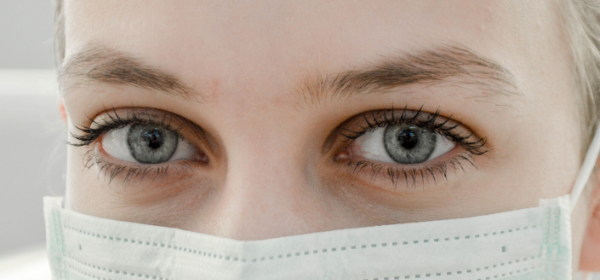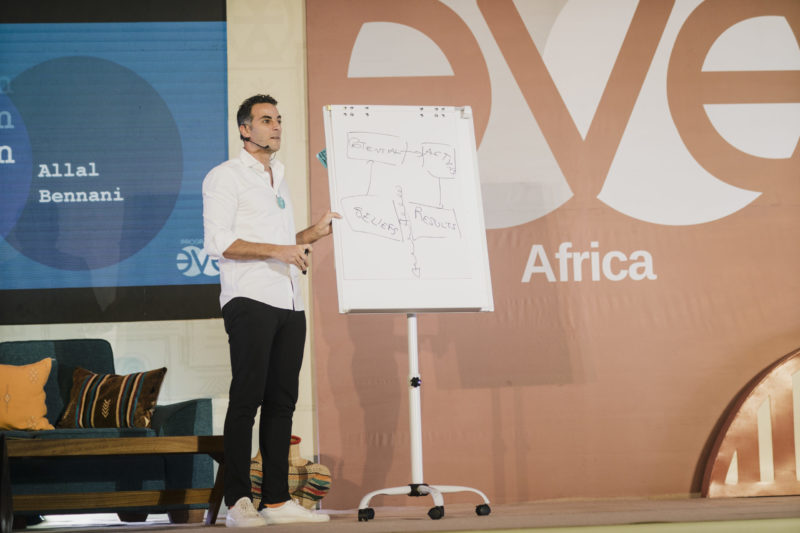According to a recent survey, 96% of French people have a positive view of caregivers… And 97% (23 points higher than before the COVID-19 crisis) believe that healthcare workers are not rewarded fairly for their contribution to our society. So the public clearly needed a major health crisis to understand that this undervalued profession deserves the resources it has long been crying out for from its position in the shadows.
Two questions:
1/ Do crises really draw public attention to professions that have become invisible?
2/ Once those crises have passed, do the people who have been brought into the spotlight go back behind the curtain, or does the public stick to its opinion about their value to society?
Here is some food for thought.
Visibility or glorification?
It would certainly be wrong to frown upon or ridicule the public expressions of thanks for caregivers during this most recent crisis. They save lives every day without keeping tabs on their hours, their efforts or their sacrifices. But many refuse to be considered a “hero/heroine”. They say they are just doing their job, and all they ask is to be able to do that job with the appropriate resources, without a crisis needing to shine a light on the difficulties to which they have been trying to draw attention for a long time. It’s like they are saying: I don’t need to be put on a pedestal when everyone is afraid, I need to be able to do my job – all the time!
Exceptional circumstances create exceptional behavior… and we can’t stress this enough: an exception is — by definition — not normal. An exception is a rarity, an opportunity to go the extra mile, calling upon every ounce of energy; to give an extraordinary performance that draws admiration and attention. Exceptions are fascinating, but they don’t create blueprints or role models, either for individuals or for a viable society, when periods of high tension have passed.
Visibility in the short-term memory?
The police was shown enormous admiration in the wake of the 2015 terrorist attacks in Paris. But did those women and men who took risks (sometimes without any protective equipment or even basic resources to carry out their mission) and channeled all their energy into protecting the population round the clock, see their working conditions change and public admiration upheld? Alas no, if the conclusions of an investigation report handed over to parliamentarians in the summer of 2019 are anything to go by. The report highlighted that there has been an ongoing and dramatic deterioration in the working conditions of the police force.
Glowing in a profusion of thanks one day, left to manage with whatever dwindling resources they have just a few months later. Is that the destiny of those who crises bring to glory? Why don’t we take the opportunity presented by a crisis to really question what is important, and channel the efforts of the economy and society into what really matters, both during times of peace AND times of chaos?
Which invisible people are not brought to the fore during times of crisis?
Another question is also playing on people’s minds: are there people doing essential work for society whose contribution will never be valued, no matter what the crisis? We are currently hearing much about cleaners, caregivers, supermarket cashiers, garbage collectors, and maintenance agents for public or private services (water, electricity, gas, telecommunications, etc.), but the media often gloss over these roles with a curious asymmetry compared to other reputedly more “valued” trades: instead of giving the essential workers themselves a mouthpiece, they are often represented by experts… And they are talked about as a social entity, rather than as autonomous individuals who have a true vision of their social function and could possibly share insight about what they really need to do their essential work under the best conditions.
Visibility or valorization?
However, this debate isn’t about media headlines… Especially because history has shown that those who are placed on a pedestal and glorified during a crisis more often than not tumble back down to their humble status once more when things get back to normal, without ever receiving the improvements their condition deserves. That’s the crux of the issue.
So if visibility doesn’t bring change, what does? One of the questions we need to ask (among many others) about the post-COVID19 world is the relationship our society has with attention: what drives public interest in this or that population category, sector, or cause? Emergencies on the one hand and media coverage on the other are apparently not enough. Society needs a complete overhaul, including (and perhaps above all) the way in which we all look at the world…
Marie Donzel, for the EVE webmagazine. Translated from French by Ruth Simpson.






